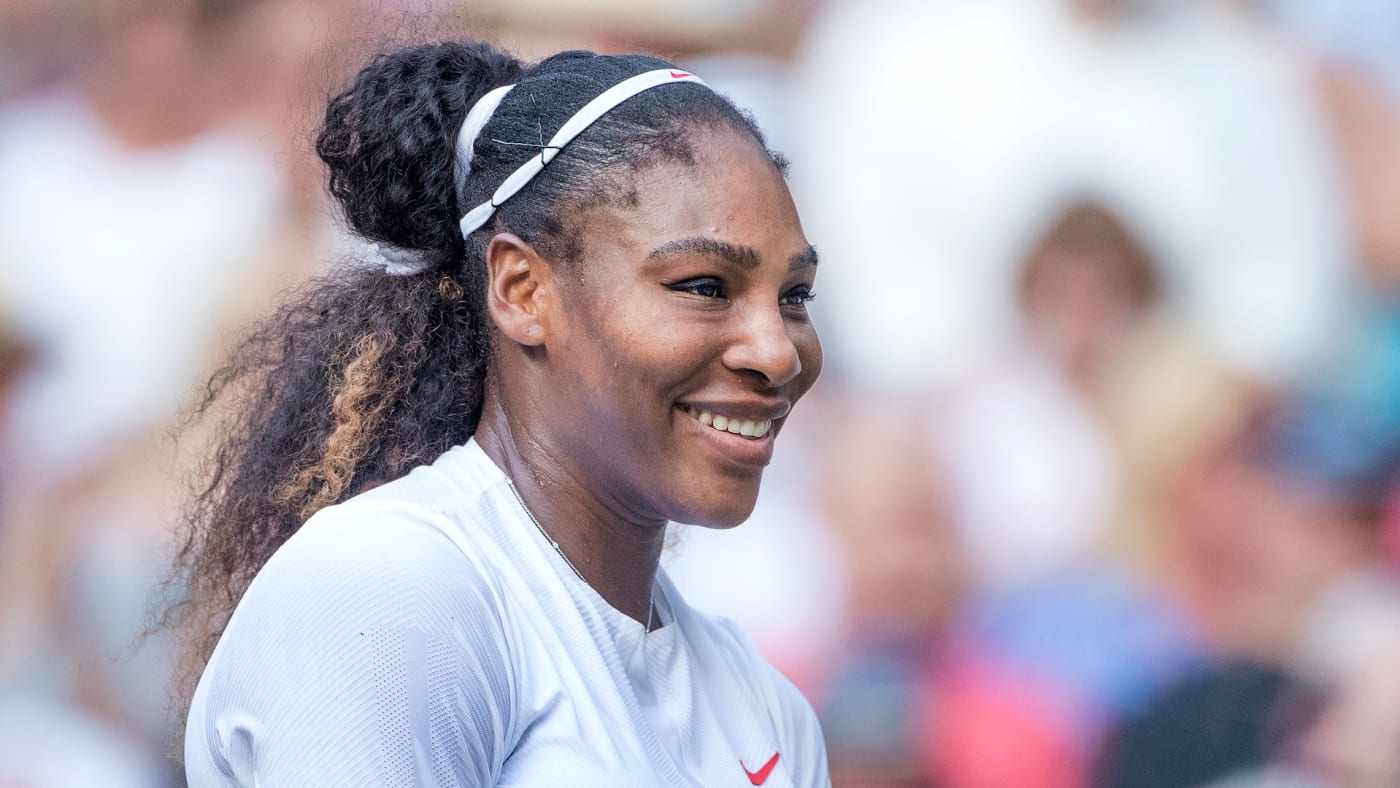If badass Serena Williams can get off the mat, so can you
By many objective measures, Serena Williams is the most successful athlete of all time, and certainly of the last few decades. The winner of 23 Grand Slam tennis tournaments, the 36-year-old has been No. 1 in the world eight separate times over 16 years. Earlier this summer, she reached the Wimbledon final as the world’s 451st-ranked player, just a year after giving birth to her first child, a pregnancy that almost killed her.
Yet through it all, Williams has rarely been a fan favorite. It wasn’t until she’d won her 17th or 18th Grand Slam that the public really started to root for her, argues Jill Smoller, a partner at William Morris Endeavor, and Williams’s agent.
Now, though, the tennis superstar has finally secured her place as a superhero in the public imagination–even as she struggles to get her playing career back on track, to be a mother, a businesswoman, and a positive model for success. Speaking at Game On: Winning in Sports, Technology, and Business in San Jose on Monday, Smoller laid out some of Williams’s biggest challenges, and shared her thoughts on how she thinks the woman who’s often known simply as “Serena” has persevered over her long stellar career, and in her life off the court.
Part of what makes Williams’s story so compelling, Smoller notes, is that the athlete spent years in the crosshairs of many of the world’s most challenging issues, including racism and sexism.
For years, Williams was seen as one of the biggest badasses in sports–an overwhelming physical phenomenon whose male counterpart might be LeBron James. But perhaps because of her years of triumph over her tennis rivals, she wasn’t seen as sympathetic. “People have to feel like you’re invested and you really care about what you’re doing out there,” Smoller says. Fans “want to know that somebody gives a shit out there, and that they care . . . They want to know that you’re bleeding out on the court.”

These days, people see Serena Williams in a different light, and that may be because of how, Smoller says, Williams is trying to use her platform to effect positive change–whether that’s continuing to play tennis so that her daughter can eventually see her in action, or working to be a positive voice for change.
What’s so impressive is that Williams has maintained her place atop the tennis world and as a major public presence. And that’s something she’s had to earn by being clear what it is she wants to do, and who she wants to be. “What they don’t teach you when you’re younger,” Smoller says, “is that it’s so much harder to stay there than it is to get there. And if you don’t have a purpose bigger than what you start with, it’s impossible.”
As Williams has confronted things like the gender pay gap in tennis, as well as years of sexism and racism, she’s found herself at the forefront of the public conversations on each of those issues. And today, she’s not only just one of the top athletes of the last 30 years, but also a successful business woman, philanthropist, and now, Smoller says, a mother.
Yet she still has to deal with things that no man ever would. Some might think that her Wimbledon finals loss to Angelique Kerber was a deep disappointment, but to Smoller, what was more heartbreaking was how she had to defend herself during the French Open earlier in the year.
During that tournament, Smoller recalled, Williams wore a one-piece outfit that resembled a catsuit. It was a performance-related choice of athletic clothing because of the pulmonary embolism she’d suffered during her pregnancy. Predictably, though, much of the media commentary was about the outfit’s fashion sensibility.
To Smoller, the outfit was a message Williams was sending about being a warrior and persevering in the face of immense personal challenge–a superhero skin. “It was for all the people that can’t get off the floor,” she says, “who can’t get up in the morning, who can’t go another day. That’s what that was about. It wasn’t about wearing a catsuit at the French Open. It was about, if she can do it, anybody can do it.”
As for Wimbledon, those who assume Williams was sad to have lost in the final are missing the point. “She lost Wimbledon, but she [actually] won,” Smoller says. “Because 10 months ago, she was almost dead. [Then] she gave birth, and now she’s playing in a Wimbledon final.”
(13)



